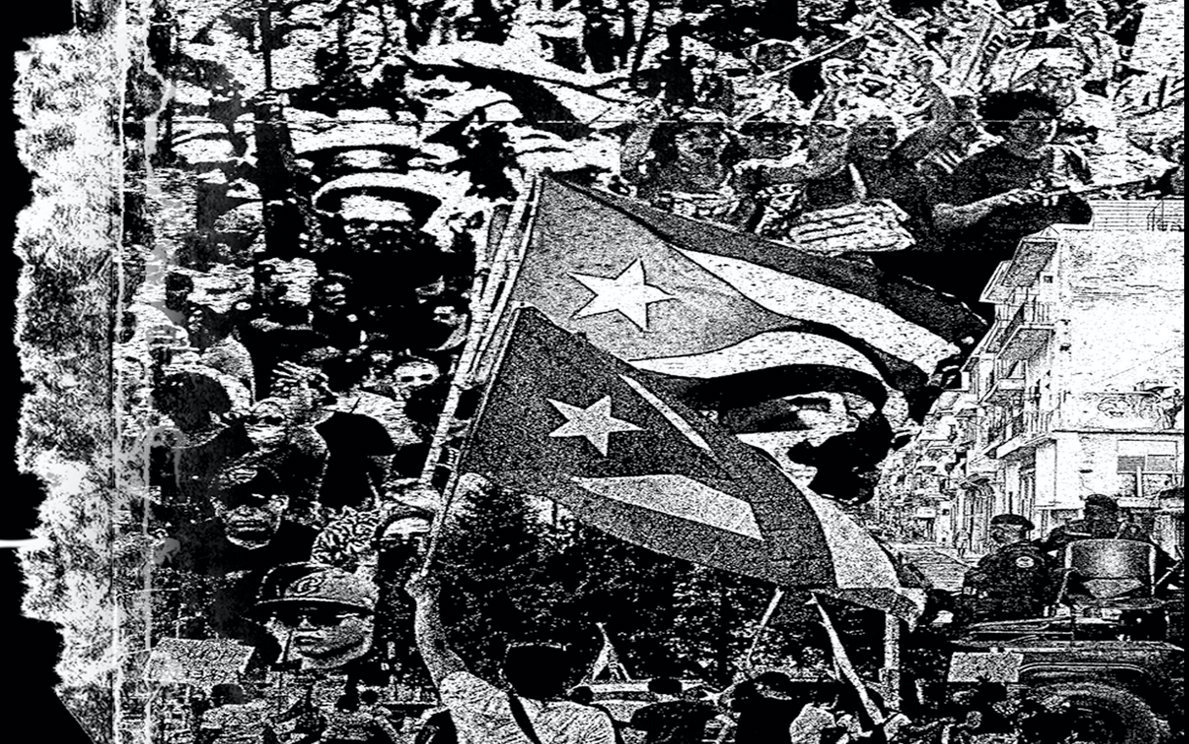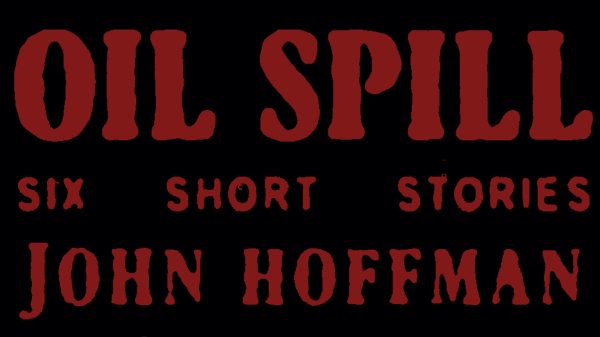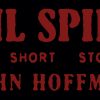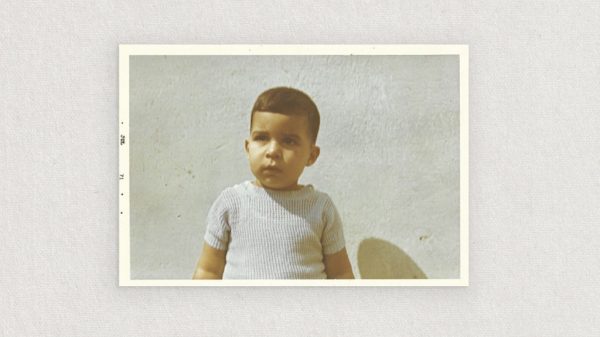While politics have always been part and parcel of punk and particularly hardcore punk, far too many bands stick to the prescribed talking points, those that will rally the crowd but are ultimately little more than platitudes that ask little of the listeners in terms of critical thinking, of confronting cognitive dissonance, or of taking measurable action against visible injustices in the world. The dicta of “ACAB,” “Question Authority,” and “Be Loyal To Your Punk Family” are all embraced in the abstract, but when real lives are falling victim to the systemic injustices in our streets and protests are coming up against resistance from law enforcement or from cultural pressure, far too many punks turn from principled concert-goers to nihilistic couch-sitters who don’t believe they can affect real change. This is especially true when the injustices worth fighting are distant, complex, and nuanced.
When it comes to politics in the United States, the pseudo-Two Party system allows many citizens to be complacent about their views, particularly when they find themselves acculturated into a music scene that more or less gives its fans a guide to which sociopolitical boxes to check. This isn’t to say that fans subscribe to their ideologies blindly. Many hardcore fans really are thoughtful about their worldview and may even gravitate to the genre because it largely espouses the same values. However, these well-meaning, justice-oriented fans may be too quick to apply their own perspectives on what justice and injustice look like, what left and right look like, to global situations that are well outside of the sphere of the United States’ systems. Cuba is one of the most egregious examples of this phenomenon.
Kansas City’s hardcore colossus Spine has released Himnos Mambises, a 7″ EP through Practiced Hatred Records that cuts through the ignorance, misguided intellectualism, and well-meaning pontificating on the crises affecting real Cuban people this very day. In multiple songs combined into one track, the band and particularly vocalist Antonio Marquez become a mouthpiece for the oppressed and dispossessed of Cuba. Always a goliath of a frontman, one whose voice is immediately recognizable and never bereft of emotion, Marquez becomes on Himnos Mambises an avatar for the Yoruba Orisha Eshu, the “Trickster,” who is a divine messenger, a negotiator, an enforcer, an assistant, a master of languages, and an occasional dealer of misfortune.
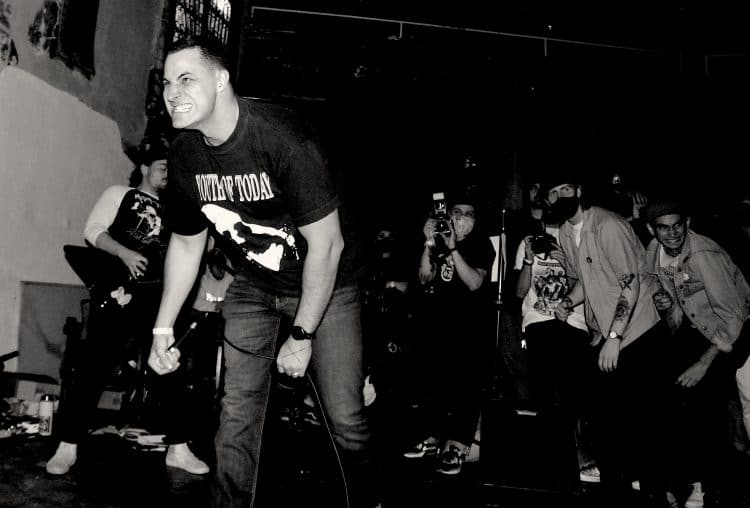
These songs are the first to be released since 2020’s brilliant EP, L.O.V. (Reviewed by Cvlt Nation here), a 9-song 12″ that had a narrative arc that was more fully realized than most bands can manage in a full-length. While that release felt grand in its scope, Himnos Mambises, despite its broad and important themes, feels like the country’s emotional history has been condensed under some hydraulic press to the size of a tightly clenched fist.
One of the most exciting additions to L.O.V. was the use of Cuban salsa samples. This record, too, employs genius sampling, and it does so in a more pointed, more explicit, and more thematic way. The EP opens with a recording of the Cuban National Anthem, “La Bayamesa,” and its lyrics, along with the thousands chanting for freedom beneath it, set the tone and the theme for the music that follows.
¡Al combate, corred, bayameses!,
Que la patria os contempla orgullosa;
No temáis una muerte gloriosa,
Que morir por la patria es vivir.
These words, written initially as a declaration of independence from Spain, as indicated by the first line of the second verse, “No temáis los feroces íberos/
Son cobardes cual todo tirano.” Those lines, though not included in this recording, are a strong subtext for the whole work. Line two, in particular: “They are cowards like every tyrant.” Cuba’s history of staving off tyranny in all its forms is as relevant today as it ever has been, and though this album is specifically written for the Cuban people, those very real, very concrete grassroots fights against oppression are why this album and, more importantly, these current events should be important to all punks who consider themselves enemies of injustice. The recording, distant and fading, asks the listener to reflect on where these glorious days have gone, on whether they were only imagined in the first place until the band’s fiery, grinding hardcore steamrolls in to join the fray.
“Odio Que manera/De robar/Nuestra paz/Y felicidad! Lo que queda/Puro Odio!” With his trademark soul-searing bark emerging from the cries for “libertad,” Marquez needs no megaphone to speak for the people: “I hate the way you steal our peace and our happiness! All that remains is pure hate!” While this incendiary, heart-palpitating frenzy, full of elbows and steel-toes, will appeal to fans of the raw, violent hardcore Weekend Nachos, The Repos, Blotter, Vile Gash, Cadaver Dog, Sex Prisoner, and Spine’s sister group Devil’s Den, Spine is indisputably their own golem, one made of blood, spit, and iron, one animated by all of those whose voices have been silenced by despots or simply ignored by those who profess to care.
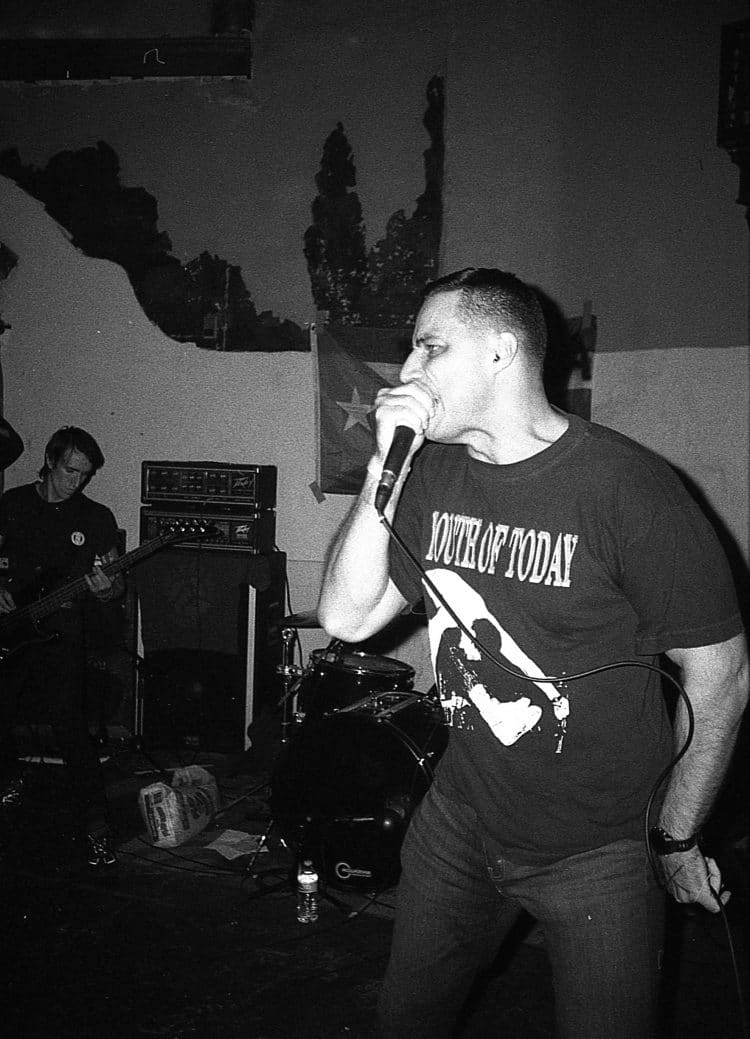
In a transition so smooth that it’s no wonder the band made these songs into one track, a transition that makes this EP feel more like one song in movements, the listeners find themselves being entreated to follow the fight and to continue it. “Sigue La Lucha! Esta noche/ganamos/El premio/El sueño/De nuestra/Libertad!” The immediacy of the issue is clear in Marquez’s vocals as he rallies, “Tonight, we win the prize, the dream, of our freedom.” This urgency, this passion, is made an unstoppable force by the combined powers of Max Chaney, Alex Tunks, and Dillon Bendetti, all of whom work in such studied synchrony that this venomous cacophony which would fall to pieces in the hands of lesser musicians instead spins like a carefully calibrated war machine.
On the album’s second half, the style shifts from gritty, artery-bursting powerviolence into a thick oi bassline whose walking tempo is punctuating by eruptions of grinding guitars and blast beats before allowing space for the honorable Guarachera herself, Celia Cruz, as well as the immortal duo Patato y Totico. These samples lead into a blistering final segment of truly intimidating toughguy hardcore, made that much more daunting by Marquez’s towering physicality combined with his righteous indignation. All of this leads to another uprising of the voices of the people, still shouting–for they’ve never stopped–for libertad!
On Spine’s Bandcamp page, Marquez puts it perfectly:
En honor de todo los Mambises en el mundo luchando por un mejor futuro. Sigue la lucha for a free Cuba for Cubans and by Cubans. Listen to the people. Support them.
Spine bassist Max Chaney and vocalist Antonio Marquez shared some of their time and insights with Cvlt Nation.
This new EP is following your acclaimed L.O.V., which was released through Bridge 9. What were your goals for this release? Did you approach the songwriting differently compared to L.O.V.?
Max: Overall I would say the songs on the EP are sonically different than that of L.O.V. The EP songs are faster and directed to a different style than what was embraced on L.O.V. At this point in time L.O.V. was finished two years ago and where we were during the process of the 12” versus where we were at with the new songs is so different. The writing in the band has become so much more formulated. L.O.V. was our first record without John (our original drummer and primary songwriter) so I feel like L.O.V. was a record of taking the reins and figuring ourselves out and embracing natural influence as well as building on the original Spine sound.
As for the goals of this EP — I didn’t really think much about attaining anything exterior to the band itself. I wanted to make something that was faster, more pissed off, and ultimately something that would elevate and mount Antonio’s narrative, words, and parable.
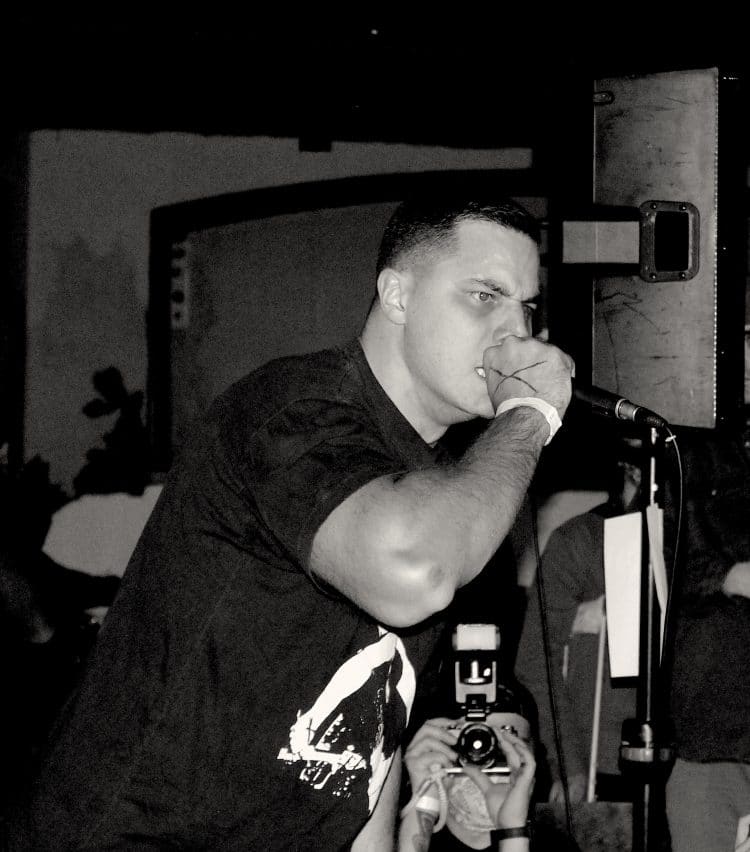
This is your shortest release since the 2017 demo. Is writing for a short EP different from writing from a 12”?
Max: Yeah, it’s much laxer hahaha a little easier to navigate because there’s less material to work with. Actually, the first two (new songs) were selected from a bunch of songs written for an upcoming LP. Two songs that convey a cohesive message and are also a good representation of what is to come.
In the end, the EP pieced together very organically.
What were some musical influences for this release?
Max: Lots of USHC. Specifically, Crucifix, Iconoclast, Poison Idea. Not that I wanted to totally emulate these bands on this EP but I would say that these are some of my biggest natural influences when it comes to playing hardcore and that definitely shows in this new stuff.
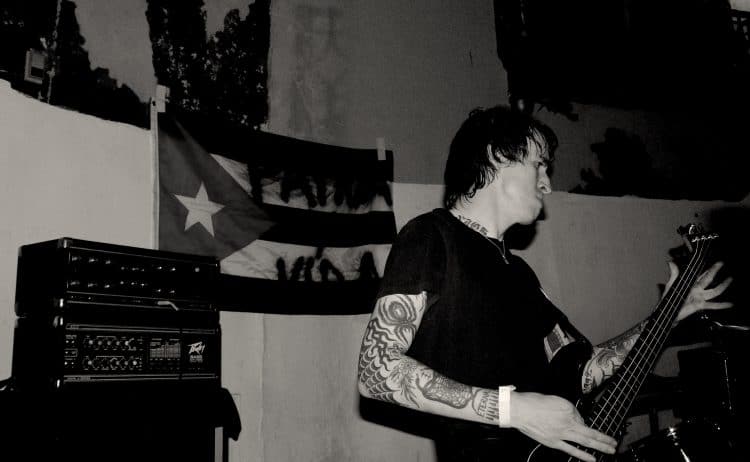
How did you connect with Practiced Hatred, and what made you choose this label for the release of Himnos Mambises?
Antonio: After L.O.V., I wanted to change it up and work with a smaller outfit that was more DIY-focused. It was great working with Bridge 9 but I felt like going back to a smaller label approach would be really cool. PH hit us up while we were writing the LP and asked if we’d be interested. We loved what they were doing/representing and jumped on the opportunity to release it prior to the LP.
This EP features your first Spanish-language songs since “Se Acabe.” We talked a bit about singing in Spanish when discussing your last release. What made Himnos Mambises the right vehicle for that?
Antonio: When I wrote “Se Acabe” it was a few years after losing my grandfather and a year prior to visiting the homeland for the first time. Just like many things in life, when you experience things firsthand, you truly can relate. When we released the song, we got a lot of great feedback and support. But hardcore in 2014 wasn’t as open as it is in 2021. I didn’t feel truly embraced for my background and culture. I would say a lot of POC probably felt similarly during this time.
I knew that, for the LP, I wanted to write mostly Spanish songs to reflect my background and culture while shining a light on my people. Himnos Mambises is a perfect setup for the LP because it gives listeners a taste of what to expect both musically and lyrically.
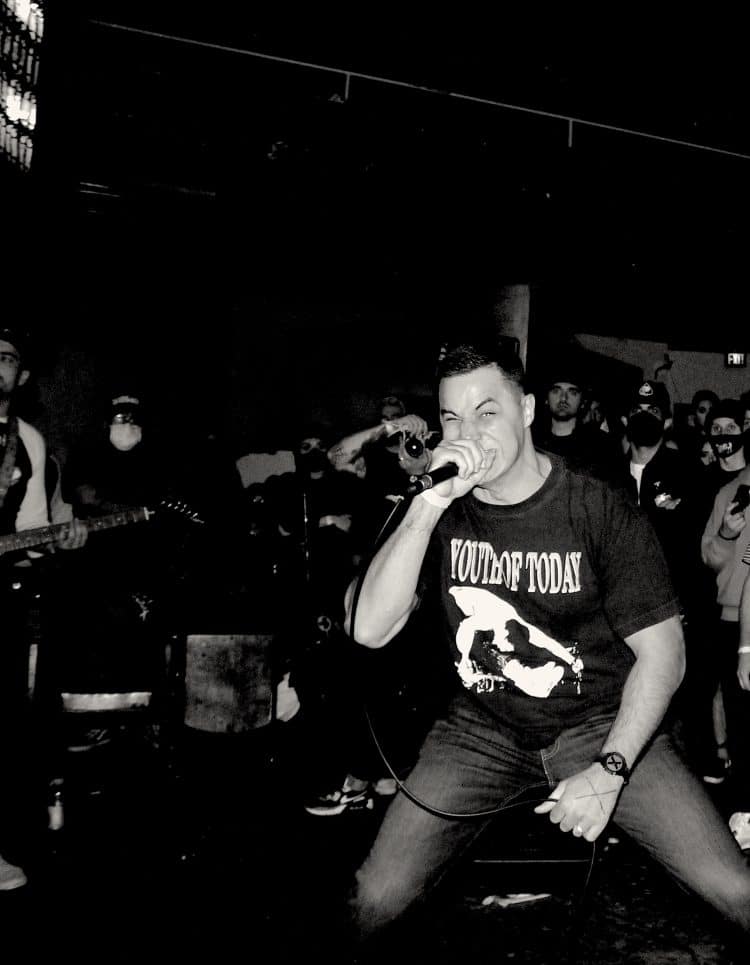
Many listeners in the United States won’t be familiar with the Mambises. Can you talk briefly about them and how they were an inspiration for this album?
Antonio: Los Mambises were freedom fighters in Cuba and Dominican Republic who fought for their independence from Spain in the 10 Year War and Cuban Independence/Spanish American War. Los Mambises objective was to liberate Cuba so that it could be its own country built by Cubans. Since the War for independence, every political regime in Cuba has tried to bend the views of Los Mambises to their liking. Both are celebrated by both the supporters of the current regime and detractors. Therefore, I wanted to acknowledge those who have historically fought for freedom while also shedding light on the mambises today in Cuba fighting for the same freedom they are still searching for over 100 years after later.
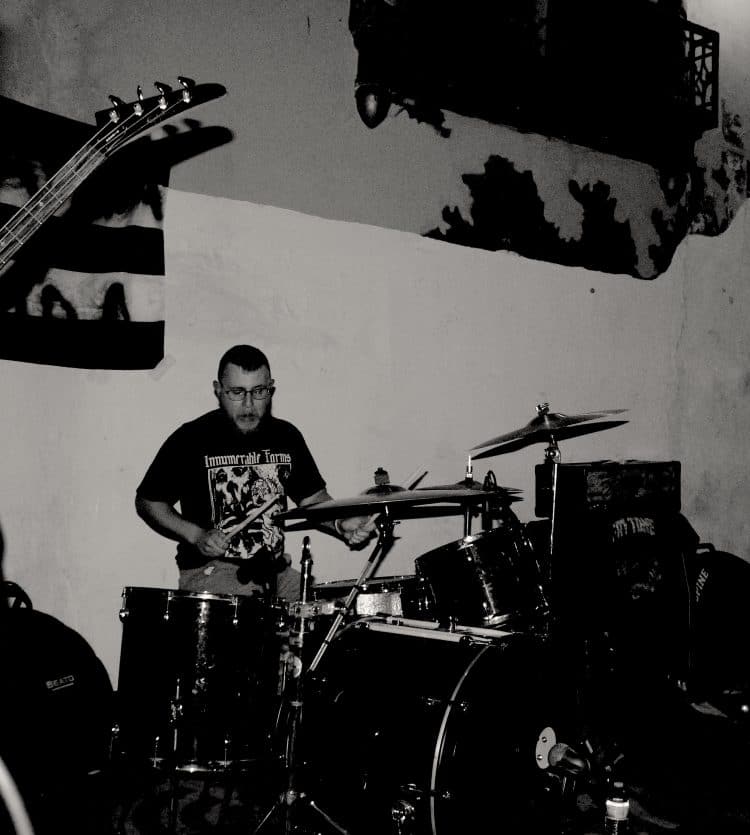
While most hardcore is political to a degree, you are in a rare position to speak about current events affecting Cubans. What motivated you to include that aspect of your life and that aspect of world events in your lyrics?
Antonio: As I kind of hinted before, Cubans, like many minorities, really don’t have visibility in the US and abroad. I always made it a point to showcase who I am in our music. I touched on it with “Se Acabe” but never played that song live. Mostly because of the things I’ve outlined in this interview of not feeling comfortable or embraced to speak on those issues. I, therefore, made sure to continue to showcase it but in a less sharp way and more subtle (2017 promo tape and various merch designs). I knew for the EP and the LP that I wanted to lean way more into my culture and heritage and shine a much brighter light on the issues that Cuban’s face today. I wanted to take a much more direct and sharper approach than I ever have before.
While putting this release together the July 11th demonstrations happened which made the timing even more relevant. And upon sharing the unreleased mixes with fans on the island, I was met with an immense appreciation for helping spread the realities they faced. It truly made it all worthwhile.
What should more people know about Cuba right now? What do too many people misunderstand?
Antonio: There has been a growing movement of cries for freedom on the island for decades. In the past few years, you had the San Isidro Movement which was created by artists and journalists on the island to peacefully protest the censorship of artistic expression and is led by Luis Manuel Otero Alcántara (who is currently jailed with little to no communication). You then had the song “Patria y Vida” (“Homeland and Life” which is a play on the Cuban government’s slogan of “Patria o Muerte” (Homeland or Death). The song is written by Afro—Cubans (Yotuel, Gente De Zona, Descemer Bueno, Maykel Osorbo, and El Funky with latter two either in jail or were jailed) both on the island and abroad and symbolizes the struggle and the repression that exists on the island. It’s the song that really put everything out there. This brings us up to the demonstrations that started on July 11th to demand change. Afro-Cubans are some of the most marginalized on the island and they were the ones leading this charge. That was met with an order from the President, Miguel Diaz Canel, to combat the protestors and suppress them. That’s when you saw military trucks show up and police beating and attacking protestors to disperse them. Many of these things were documented from videos from the island. That doesn’t even begin to touch on the hundreds of people arrested or that have disappeared.
The misunderstandings of Cuba are also a long list. Mostly due to people applying the political ideologies that exist in the US to Cuba. There is a romanticization of Fidel Castro and Che Guevara and standing up to the imperialist Yanquis! I see it, my family saw it, enough so that they supported Fidel and his overthrow of the Bautista government. They fought for a change that was needed. However, all the things he said he would do in opposition to imperialism were a facade for what would be a brutal dictatorship for decades to come. No to mention Che who was the enforcer and killed hundreds of political prisoners, Afro-Cubans, homosexuals, and anyone else that didn’t fit the Revolution’s mold. I feel like one of the common themes when it comes to Cuba is that the admiration starts and ends with how the revolution began. And no accountability is given because Cuba defends the treatment of its people on the effect of the US Embargo. A lot of people in the US also believe what is happening is because of the Embargo. Without really digging in and seeing what the truth is.
The embargo doesn’t limit medicine, food, or any aid to the island. What it does limit is the financial support from the US to the island. Cuba has long used that as an attempt to create the rationale that the people must go without, while they go to stores for tourists that sell the aid back to them, in a currency that isn’t their country’s (CUC to the American dollar). We can go on and on about the embargo and where I think it stands in 2021. The facts are the embargo doesn’t: prevent people from leaving the island freely, it doesn’t throttle or shut off the internet, it doesn’t afford food for the military but no food for the people, it doesn’t cause the politicians to live in lavish compounds while the people can barely survive, it doesn’t cause the Cuban government to stomp out peaceful protestors, it doesn’t cause basic health services to be separated by class and for tourists. The embargo is this convenient excuse for all of Cuba’s problems without holding the Cuban government responsible. The Cuban people are no longer afraid and aren’t taking the embargo as an excuse anymore.
It’s not about left ideologies or right ideologies. It’s about human rights and the right to choose your government and your leaders. The freedom of speech and the freedom to exist. The island is no longer wanting Homeland or Death. It shouldn’t be a this OR that. They want their Homeland AND Life. They deserve that.
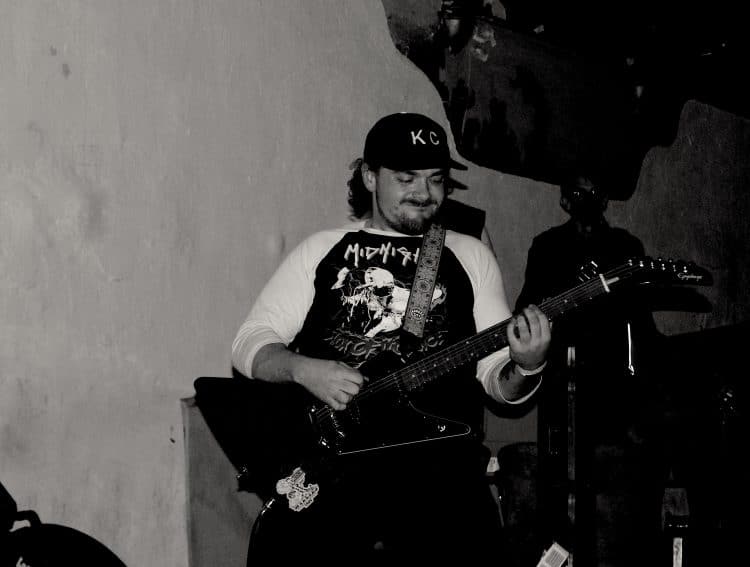
What should people know about Spine? About Himnos Mambises?
Antonio: SPINE will always continue to deliver our own form of punk/hardcore in which is evident with Himnos Mambises. Himnos Mambises is dedicated to all the people in the world fighting for freedom, human rights, and the right to exist.
Is there anything else you’d like to say?
Antonio: If someone is deciding to speak on issues in Cuba, question their experience. If they aren’t Cuban, they can’t accurately speak on the Cuban experience. Most of the people that support the Cuban regime don’t look like me or talk like me. Cuba means a lot to a lot of people EXCEPT for meaning what it should mean, TO its people. It’s everyone’s job to listen and uplift and amplify those voices. The information is out there and it’s in your face. Choose to listen.
I’d like to add that I stand for human rights in Cuba as I do in the US and abroad. I support the struggle that is facing many Latin American countries. They have my complete support, and I would march side by side with them. Unidos.
Thanks for checking this out! PATRIA Y VIDA!!
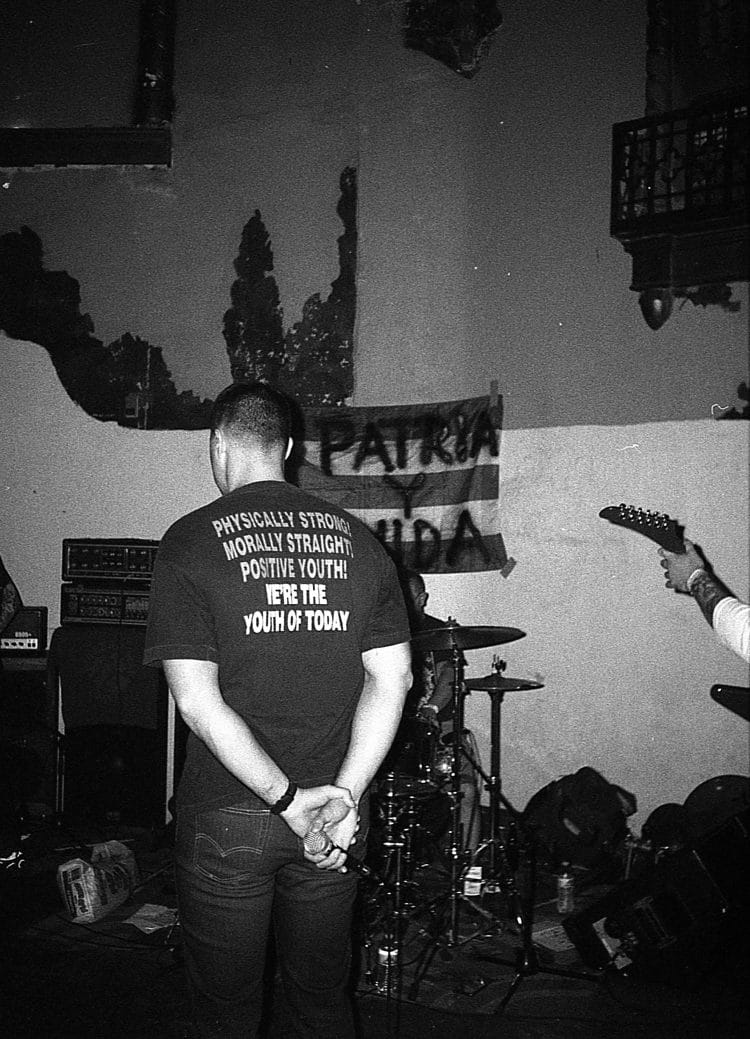
Order the digital album for Himnos Mambises at the Spine bandcamp, and keep an eye out for a second pressing of the vinyl at Practiced Hatred.

